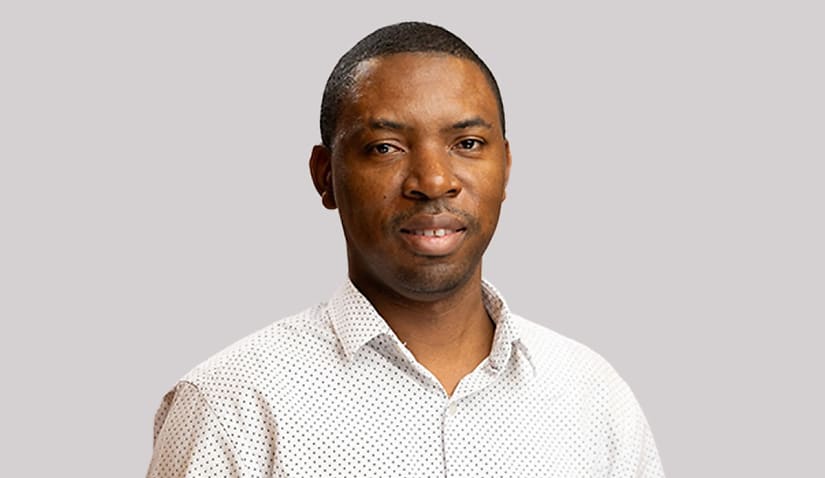Arriving in a new country is never easy, but for Liberian law student Alfred Brownell, it was a struggle to find his footing and a sense of belonging. Here, Alfred Brownell shared how he was able to overcome these challenges and carve out a place for himself in Australia.

Speaking on a recent episode of The Protégé Podcast, Alfred Brownell, a law student at the University of Queensland, reflected on the isolation he felt when he first arrived in Australia for university – and how he overcame it by carving his own path and building meaningful connections.
In the same episode, he opened up about his journey growing up in Liberia amid civil war, where gunfire and conflict were an inescapable part of daily life.
Landing in Australia from war-torn Liberia, Brownell recalled arriving without knowing a single soul as he began his law degree – but he persevered, determined to forge new connections and build a sense of community.
“When I got to Australia, I absolutely knew no one. So after the first semester, I thought about this way that I could connect with the communities, people around, attend events and everything [to meet people],” he said.
However, Brownell admitted that forming connections was easier said than done, sharing the challenges of trying to build social circles with fellow law students who already had established friendships.
“I realised that there was this sort of big challenge, and I think it still exists today, where if you migrate from another country and you come in to study a postgraduate program, it is very difficult to have this sort of social cohesion because most of the students at uni have already formed their friendships in high school,” he said.
“So you’re not going to break that sort of bond. They’ve already had to say this is going to be my friend and that whatsoever. So you only have a [few] conversations saying maybe, hi, hi, and that’s it. So it was difficult.”
Rather than giving up, Brownell persevered, turning to volunteering as a way to forge connections, meet new people, build meaningful relationships, and gradually establish his presence and sense of belonging in a new society.
“The way I could then navigate engaging the Australian way of life was to see how I could volunteer in this community. So I identified different groups and volunteered my time and see how I contribute. Then, while volunteering, I interact with other professionals and everything at the community level,” he said.
Through these volunteer interactions, Brownell shared that hearing the life stories of others became a powerful source of motivation, inspiring him to face his own challenges with resilience.
“One of the things that I observe in Australia is that there are many people, older Australians who may have had families, but they are no longer connected with their families. Now, when I was volunteering with those sorts of people and I’d engage them, I could hear their stories, and their story was quite challenging,” he said.
“I said, if an Australian citizen is going through this, what about me? So that was something that stimulated me to say, well, I think I fit in because I know I have a problem, but there is someone who in Australia got the family, they no longer have the family around, and they’re struggling.”
Reflecting on his journey to Australia and the many challenges he faced along the way, Brownell urged others in similar situations – or considering taking the leap – to “never give up” no matter how daunting or frightening the path may seem.